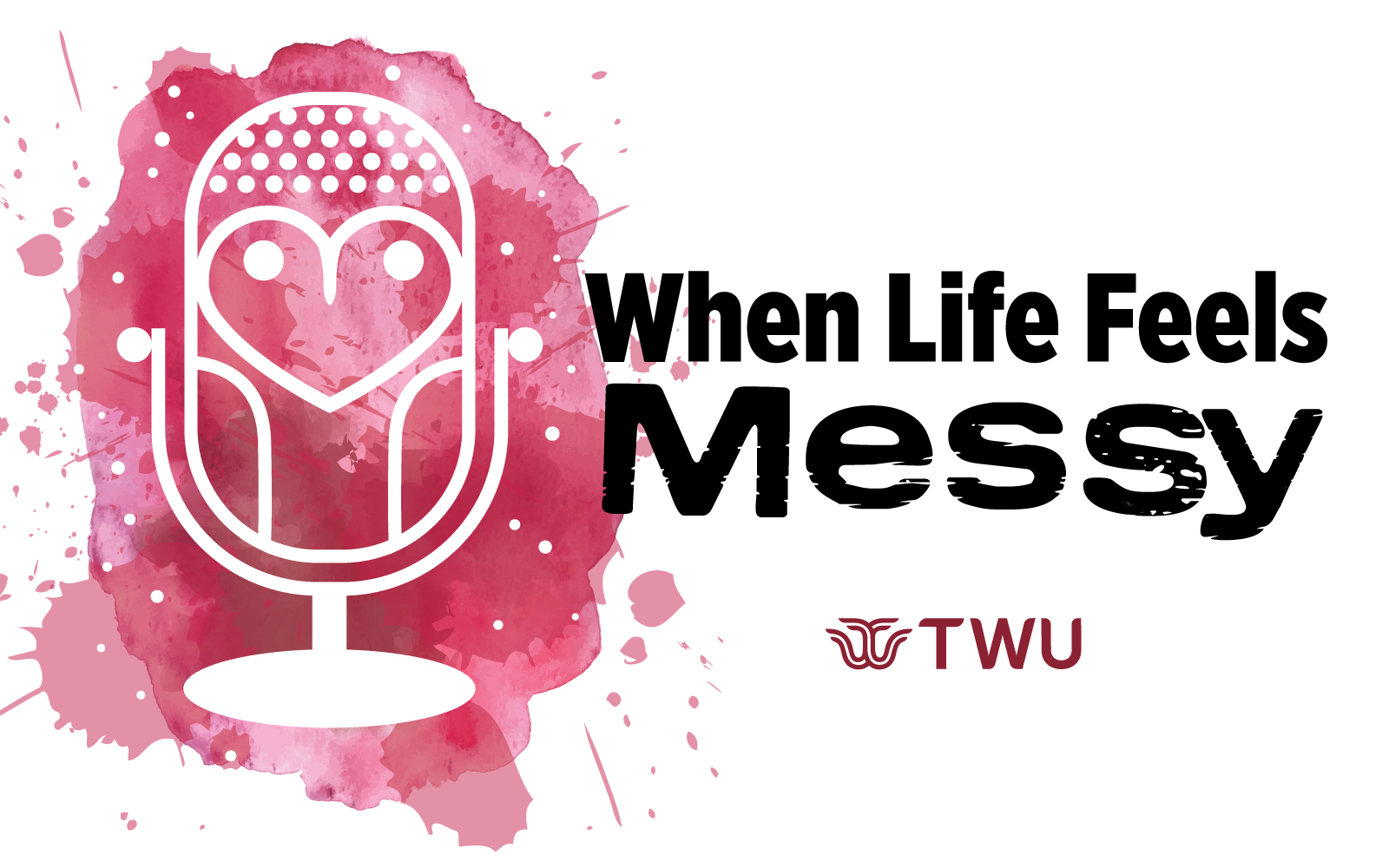Ever heard the saying that people in “good” relationships NEVER fight or argue? It seems like we have been taught this ridiculousness that arguing or conflict in relationships is the #1 red flag and we need to avoid them at all costs. Fortunately, this is not the reality of real, genuine relationships because disagreements and misunderstandings do arise even within good-intentioned partners. In fact, conflict can serve as a meaningful opportunity to develop and strengthen the bond in relationships.
Often these moments can be fueled by anxious, avoidvant, or disorganized attachment styles. A great way to begin to get ahead of conflict in relationships is to research and learn about what your individual attachment style is and how that relates to your partner’s attachment style. Typically, anxious-attached partners are attracted to avoidant-attached partners. However, it's super important to know that attachment styles are not set in stone! They are amendable and can evolve over time to reflect traits of secure attachment. When it comes to conflict, securely attached people engage in the active role of problem-solver with kindness, care, clear communication, and genuine concern for the wellbeing of their partner and their relationship.
So what are those securely-attached behaviors and how do we lean into those? Below we have outlined the ‘Five Secure Principles for Working Things Out’ that is detailed in the book Attached: The New Science of Adult Attachment and How It Can Help You Find—and Keep—Love by Amir Levine, Rachel Heller, et al. Let’s dive into these five, easy-to-apply principles that help in resolving conflict and deepening the bond within your relationship.
FIVE SECURE PRINCIPLES FOR RESOLVING CONFLICT:
Show basic concern for the person’s wellbeing.
The other person’s wellbeing is just as important as your own
Take one for the team(AKA the relationship)
OUR happiness is actually dependent on our partner’s happiness, and vice versa
Back and forth, synchronicity that the other person is attuned to their needs
Hugely rewarding
Maintain focus on the problem at hand
Don’t make personal accusations or criticisms
Responding to partner’s fear and addressing them quickly and effectively
Reframe from generalizing the conflict
Find a path of less resistance
Don't let the conflict spill into other areas or get out of control
Avoid making disparaging comments or hurtful generalizations about each other
Keep the argument to the things at hand, and don’t blow things out of proportion
Be willing to engage
Don’t “dig in your heels”
Stay and deal with the issue
Effectively communicate feelings and needs
Actively expressing your emotional needs
If it becomes more difficult to regulate your own emotions, advocate for taking a break in the conversation and setting a plan in place to intentionally come back to the conflict at hand
*Keynotes*
These principles not only apply to romantic relationships, but also all intimate and close relationships.
- If you are interested in learning more about attachment styles, please check out our WLFM podcast on Attachment Styles with Heidi Ellis here: https://spotifyanchor-web.app.link/e/kNuQ9xrjQAb


Comments
Post a Comment